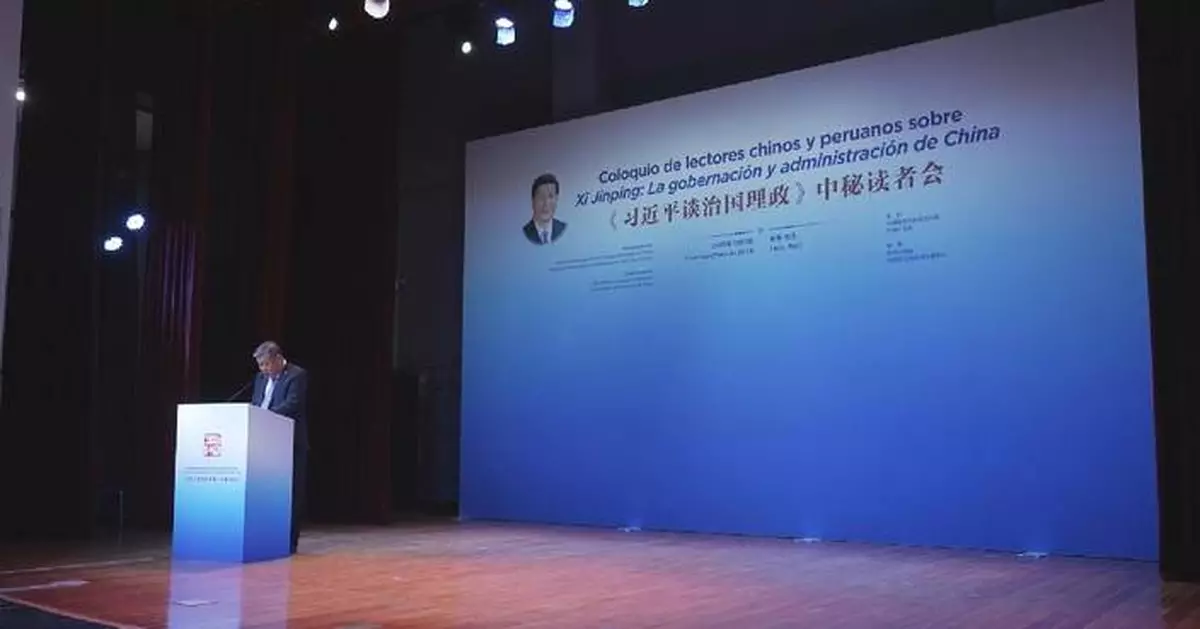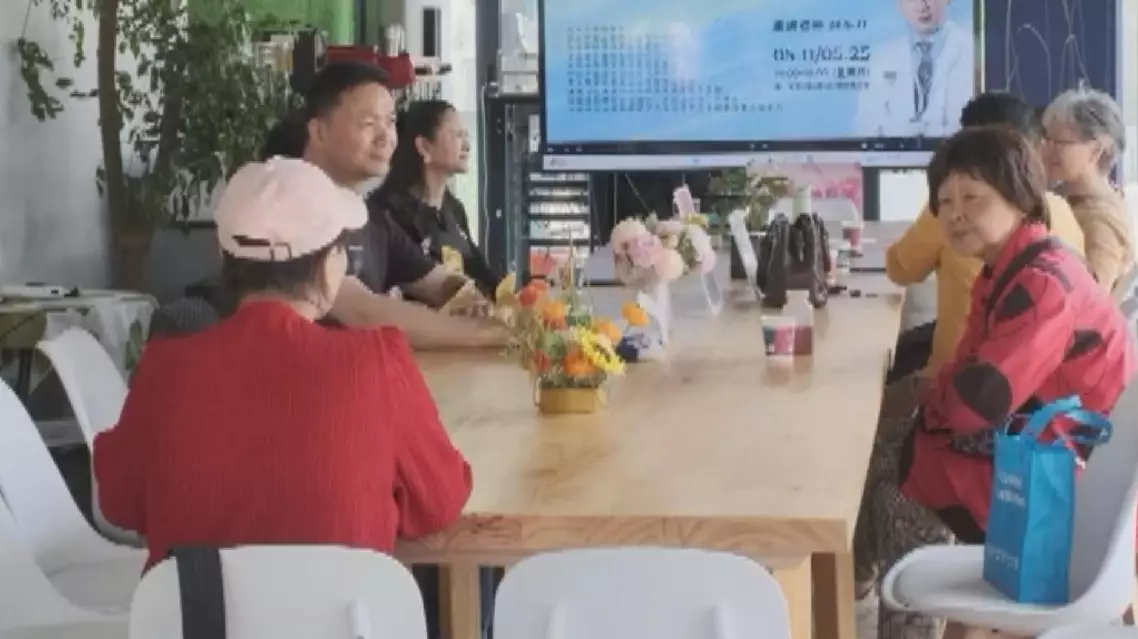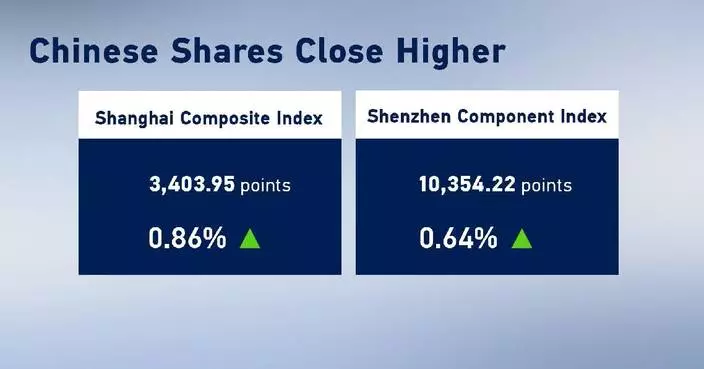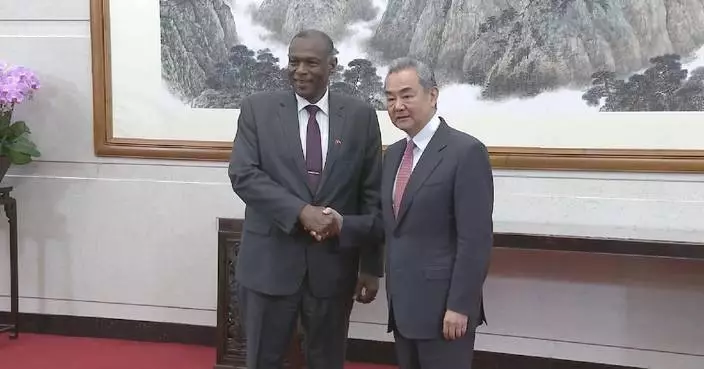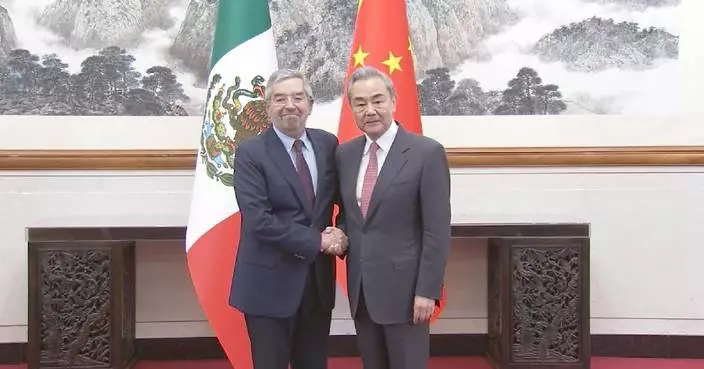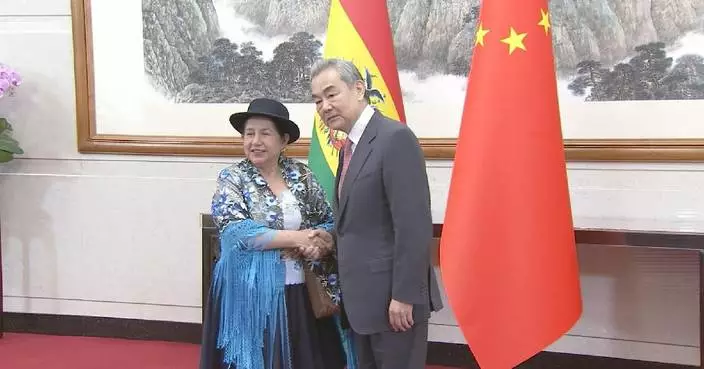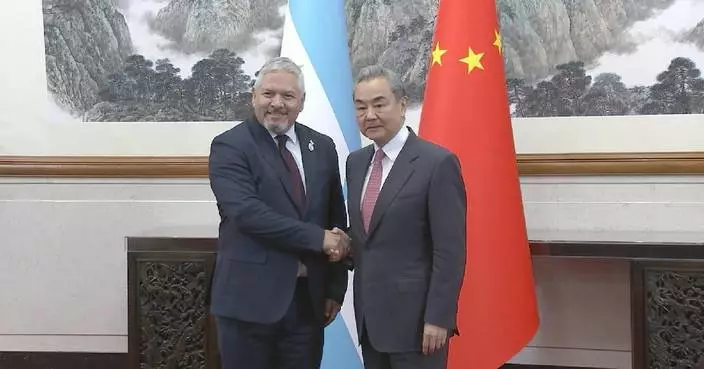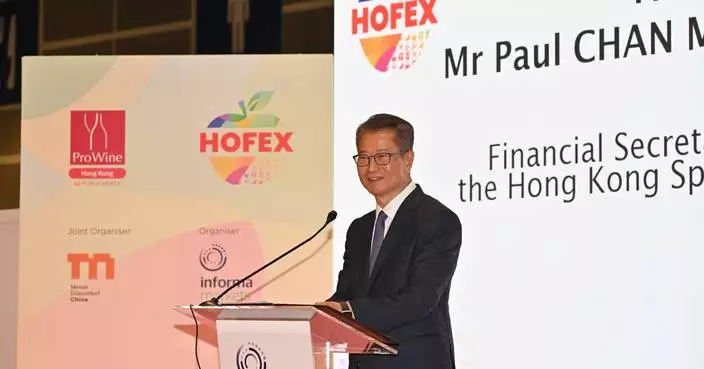Peruvian and Chinese political and business leaders met in Lima on Tuesday to discuss President Xi Jinping's new book on the governance of China, just days before the Chinese leader is to visit the South American country and attend the APEC Summit next week.
Copies of the Spanish version of President Xi Jinping's The Governance and Administration of China are available at the Peruvian-Chinese Friendship Center, where the discussion was held.
China's ambassador to Peru, Song Yang, and other dignitaries shared their views on the book at the discussion.
Congressman Gustavo Cordero Jon Tay, who also serves as the president of the Peru-China Parliamentary League, highlighted the Belt and Road Initiative proposed by President Xi, saying that it is a topic that is promoting development not only in the countries that are strategic allies and that have diplomatic and bilateral relations, but it is also an example for other countries to intervene in these partnerships in which they can cooperate in different ways.
President Xi's book sets out many examples of how China has developed its economy and improved the wellbeing of its inhabitants, which can be applied in Peru, former production minister Alfonso Velasquez told China Global Television Network (CGTN).
"The modernization that the participation of Chinese capital can bring is vital and from my point of view linked to agriculture, to family farming, to the social areas of necessary development in Peru, to be able to reincorporate the concepts of redistribution, the concepts of shared value," he said.
The former politician said that he hopes the massive Chinese market can bring opportunities to Peru not only in minerals and fruits, which requires large investment, but also demand production from small-scale farming.
Peru will host the Asia-Pacific Economic Cooperation Leaders' Meeting next week, which President Xi is expected to attend. With the strong China-Peru relationship comes an interchange of not just goods and services but knowledge too.
"China has private investment with a high range of technology and innovation, especially in artificial intelligence, which today is part of the Chancay multi-project and is very productive for us to be able to move forward. The regions require industrialization and China has the inputs, the tools and has everything so that the Peruvian state can take off," said Kelly Portalatino, a Peruvian congresswoman.
The Chinese-invested Chancay mega port, located 80 kilometers north of Lima, is nearing completion. Both China and Peru are betting that the project will become a major trade hub between Asia and Latin America.
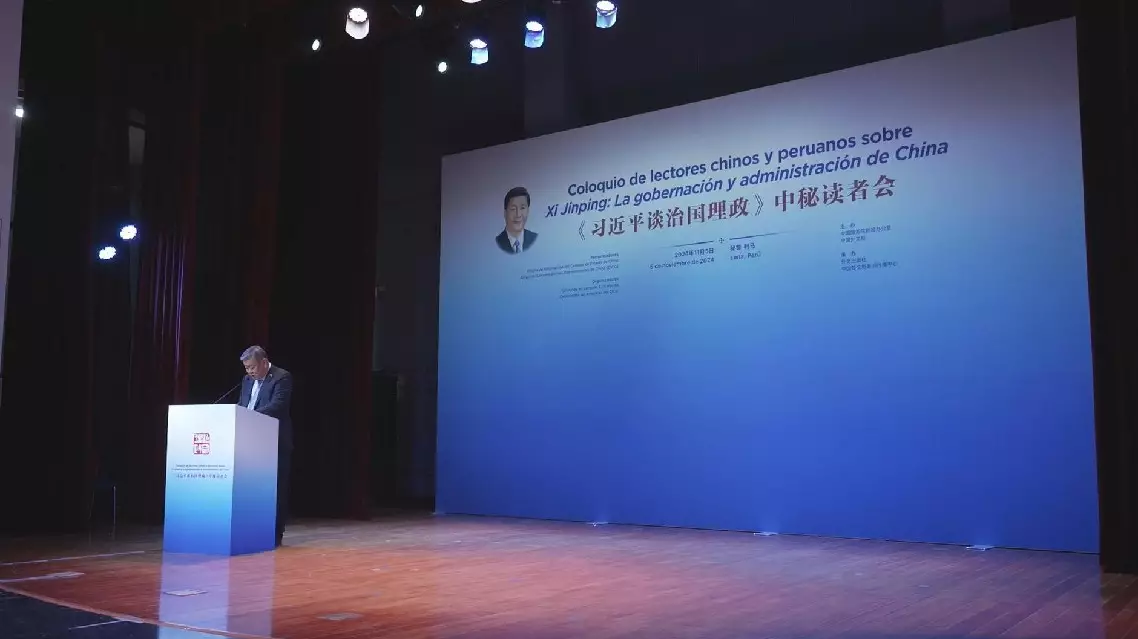
Political, business leaders discuss Xi's new book in Lima


